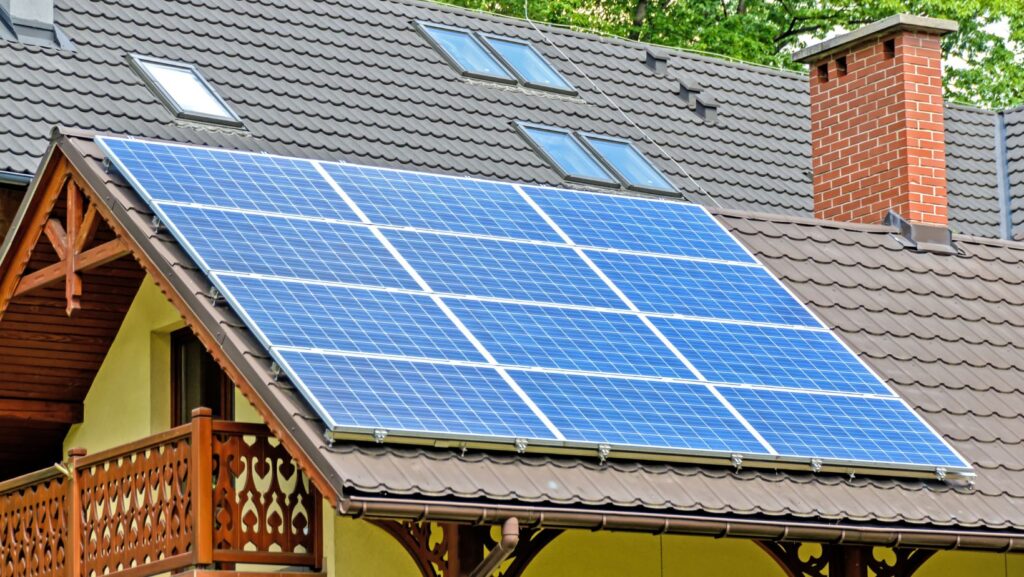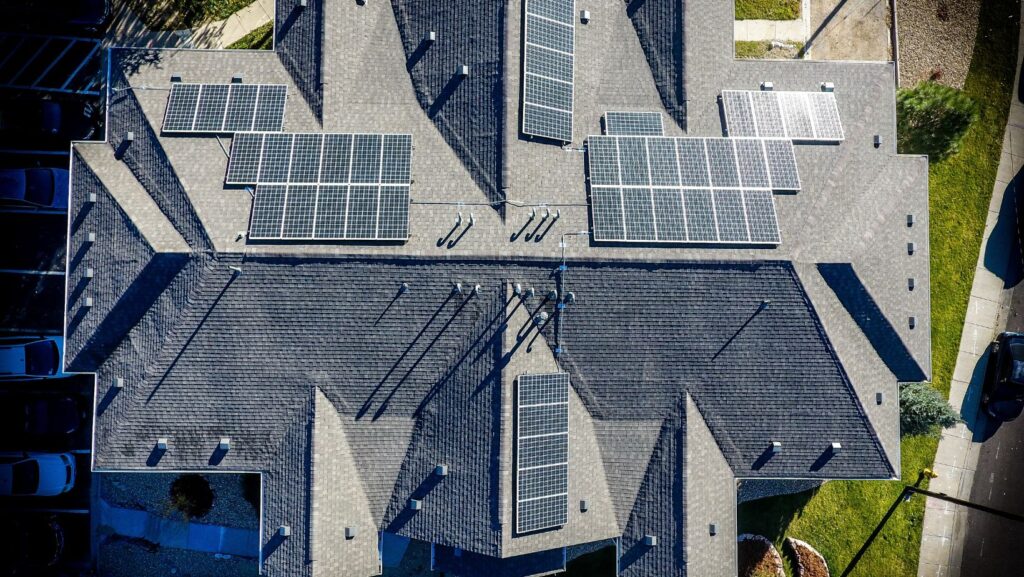As energy costs rise and environmental concerns grow, many homeowners are considering solar power as a viable alternative. For owners of small homes, the decision to install solar panels may seem more complex due to space constraints, budget considerations, and energy needs. We will explore the practical aspects of solar installation specifically for small homes, shedding light on whether this investment delivers meaningful benefits. Understanding the financial, environmental, and lifestyle impacts can help homeowners decide if solar energy is the right choice for their unique situation.
Key Factors to Consider When Installing Solar Panels on Small Homes
1. Energy Consumption and System Size Compatibility
Small homes generally have lower energy consumption compared to larger residences, often due to fewer rooms, less electrical equipment, and simpler heating or cooling needs. This reduced energy demand means that the solar system required can be smaller and less expensive. However, the limited roof area typical of small homes can restrict the number of solar panels that can be fitted, which in turn affects the total energy the system can generate. Homeowners, especially those in areas like Fairfield, CA, can find tailored solutions by consulting resources such as https://northvalleysolarpower.com/location/fairfield-ca/, which offer localized insights and options.
Careful assessment of energy usage patterns compared to potential output from a solar array sized to fit the available roof space is essential. A well-matched system can significantly reduce electricity bills and even provide surplus power for storage or sale back to the grid. Conversely, an undersized system might offer limited savings, making it crucial to plan the installation to align with actual household needs.
2. Financial Considerations and Incentives
The initial cost of installing solar panels remains a significant factor for many small homeowners. Although solar panel prices have decreased over the years, upfront expenses for equipment, installation, and permits can still be substantial. Small homes may benefit from a smaller system cost overall, but it’s essential to analyze the return on investment over time. Various federal, state, and local incentives can dramatically improve the financial outlook by offsetting installation expenses. Programs such as tax credits, rebates, and net metering policies enable homeowners to lower their effective costs and recoup investments through energy savings and credits on their utility bills. Additionally, some regions offer special financing or leasing options specifically designed for smaller systems, making solar energy more accessible. A thorough review of these incentives and potential savings is critical to determine whether the financial benefits justify installation.
3. Environmental Impact and Sustainability Goals
Solar power represents a clean, renewable energy source that reduces reliance on fossil fuels and lowers carbon emissions. Small homes equipped with solar panels make a positive contribution to environmental preservation, even if their total energy output is less than that of larger systems. Installing solar on a small home aligns with broader sustainability goals by decreasing the household’s carbon footprint and promoting energy independence.

For many homeowners, the environmental advantages weigh heavily in the decision-making process, as it allows them to actively participate in combating climate change. Moreover, the reduction in utility demand contributes to easing strain on the power grid, particularly during peak usage times, which benefits the wider community. While the scale of impact is related to system size, every small contribution adds value to a cleaner future.
4. Aesthetic and Structural Limitations
Small homes often have limited roof space, which can pose challenges for installing solar panels. The roof’s orientation, shading from nearby trees or buildings, and overall condition affect both the feasibility and efficiency of solar installation. In some cases, small roofs may not provide enough surface area for an adequately sized system without overcrowding panels or compromising aesthetics. Homeowners must consider whether the appearance of solar panels aligns with their preferences, as some may find installations on small rooftops visually intrusive. Structural assessments are also necessary to ensure the roof can safely support the weight of the panels and mounting hardware. Addressing these factors early on prevents costly adjustments and helps avoid installations that fall short of energy expectations.
5. Maintenance and Longevity of the System
Once installed, solar panels generally require minimal maintenance, but small homeowners should be aware of the ongoing care needed to keep the system operating efficiently. Regular cleaning, inspections, and occasional repairs ensure optimal performance and extend the lifespan of the panels. Smaller systems may be simpler to manage due to their fewer components, but they still require attention, especially in regions prone to dust, debris, or harsh weather conditions. Knowing what to expect in terms of maintenance responsibilities and costs can influence the decision to install solar panels. When combined with the durability of modern solar technology, maintenance considerations help provide a realistic picture of the long-term commitment associated with solar energy.
Choosing to install solar panels on a small home involves balancing several key factors, including energy consumption, upfront costs, environmental impact, and the property’s physical limitations. While space constraints can pose challenges, advances in solar technology and available financial incentives improve the feasibility and attractiveness of solar systems for smaller residences. The environmental benefits and potential increase in property value add further appeal.
For many small homeowners, solar installation can be a worthwhile investment that not only reduces electricity bills but also supports sustainability efforts. Careful planning and research help ensure that the decision aligns with both practical needs and long-term goals, making solar power a smart choice for small homes seeking energy efficiency and eco-friendly living.

